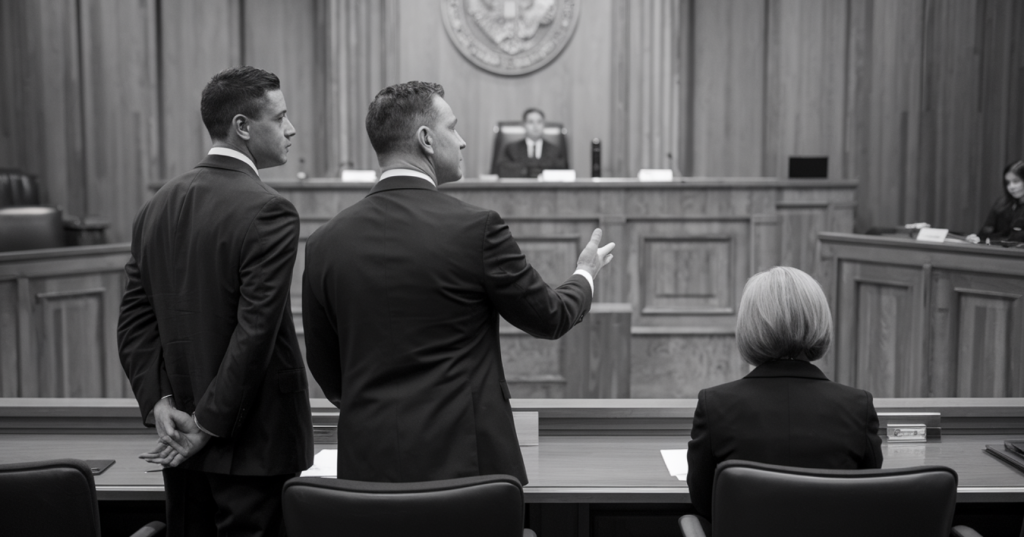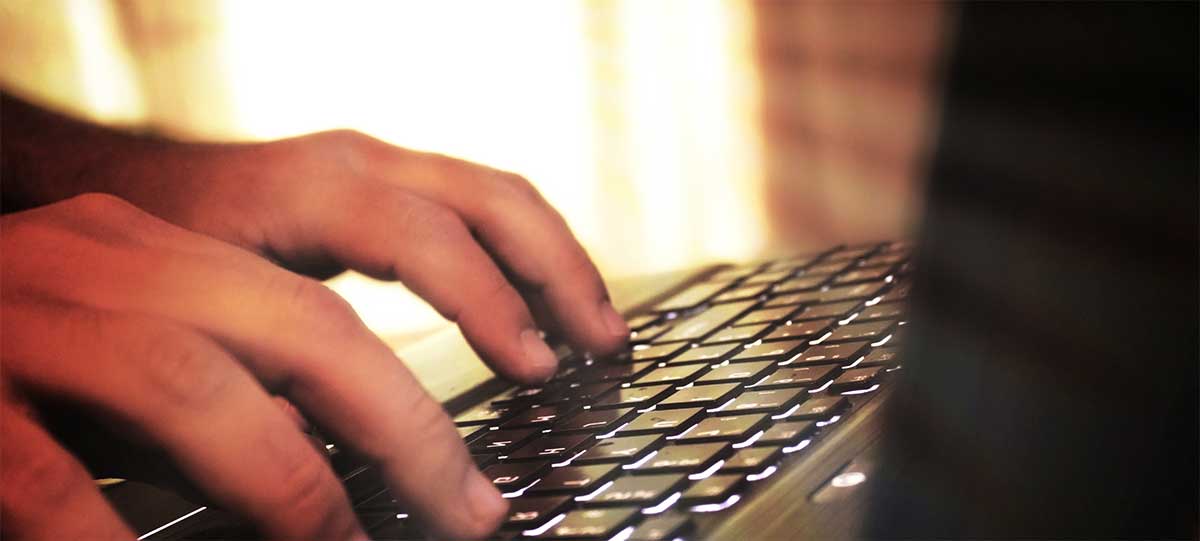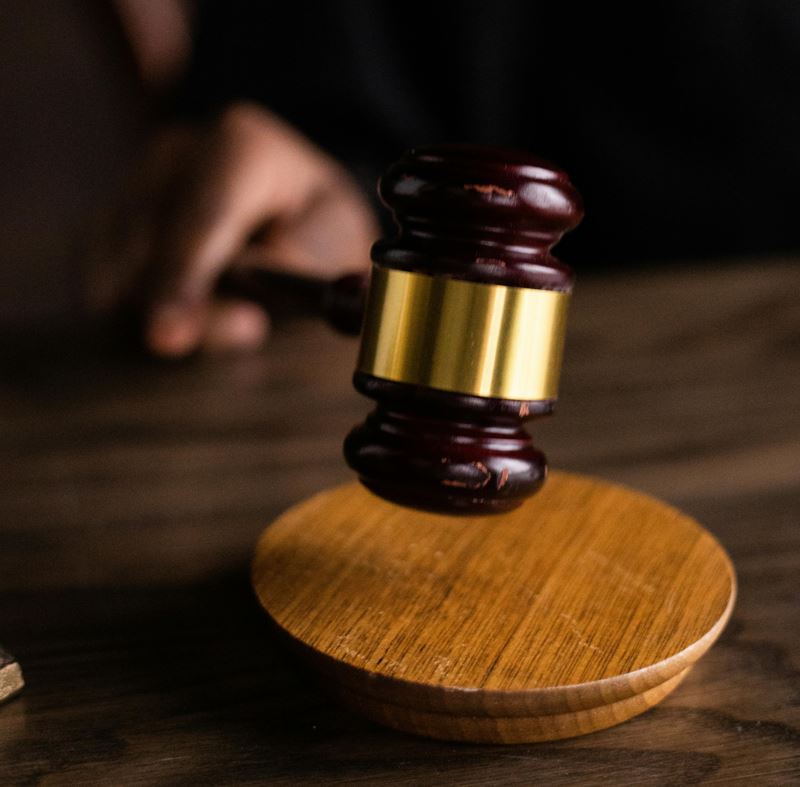Defense of Child Pornography Charges in State and Federal Court
Overview of Child Pornography Charges in Federal and State Court. A great defense attorney can defend against these allegations and fight to keep their client out of prison.

Penalties and Defenses in Child Pornography (CSAM) Cases
The United States government and most state law enforcement agencies invest considerable resources in investigating and prosecuting child pornography possession, distribution, and production. While the intense prosecution of these crimes is understandable and expected, law enforcement can become over-zealous. Even though the government can prosecute anyone for child pornography charges, no legal excuse justifies the wholesale violation of constitutional rights that frequently happens in these matters. When a client hires LEWIS & DICKSTEIN, P.L.L.C. to defend these charges, our top-rated child pornography defense attorneys ensure that judges and prosecutors treat our clients with dignity and protect their constitutional rights. When a strong defense is needed, no defense team in Michigan has the resources, tenacity, and aggressiveness to match the protection provided by our firm. Whether the strategy is for a victory at trial or to achieve a lenient sentence, we have the skill and knowledge to achieve the best possible outcome.
Types of Federal Laws Regarding Child Pornography Charges
- 18 U.S.C. § 2251 – Sexual Exploitation of Children
- (Production of child pornography) – Maximum 30 years in prison, a minimum of 15 years
- 18 U.S.C. § 2251A – Selling and Buying of Children – 30 years in prison to life
- 18 U.S.C. § 2252 – Certain activities relating to material involving the sexual exploitation of minors (Possession, distribution, and receipt of child pornography) –
- Distribution – 5 to 20 years in prison
- Possession – Up to 10 years in prison
- 18 U.S.C. § 2252A – Certain activities relating to material constituting or containing child pornography –
- Distribution – 5 to 20 years in prison
- Possession – Up to 10 years in prison
- 18 U.S.C. § 2260 – Production of sexually explicit depictions of a minor for importation into the United States – 15 years to 30 years in prison.
Federal prosecutions commence with a complaint, information, or a grand jury indictment.
Types of Michigan Laws Regarding Child Pornography
- MCL § 750.145C – Child Sexually Abusive Activity or Material, Possession of Child Sexually Abusive Material
- Production or distribution: Up to 20 years in prison and/or fines up to $100,000.
- Possession: Up to 4 years in prison and/or fines up to $10,000.
- Enhanced penalties for repeat offenses.
- MCL § 752.365 – Obscenity – First Offense Misdemeanor, Second or Subsequent Offense is a Felony
- First offense (misdemeanor): Up to 1 year in jail and/or fines up to $5,000.
- Second or subsequent offense (felony): Up to 4 years in prison and/or fines up to $10,000.

Pre-Charge Representation and Mitigation
Someone under investigation for child pornography allegations or child sexually abusive material (CSAM) will understandably feel nervous, anxious, and scared. Law enforcement agents and police officers count on a suspect’s fear and anxiety to motivate them to talk with them and, hopefully, confess to criminal activity. It is essential that anyone under investigation contact a skilled, experienced pre-charge criminal defense lawyer immediately. A good defense attorney can:
- proactively contact the officer in charge of the investigation and advocate for their client,
- negotiate with the prosecutor to mitigate any potential child pornography charges,
- work with investigators and experts to build a defense,
- direct the client to rehabilitative resources that will help with plea bargaining and sentencing, and
- prevent the client’s arrest and incarceration.
Charges in Federal Court
Federal courts have ruled that images of child pornography are illegal and not protected under the First Amendment. Child pornography is any visual depiction of sexually explicit conduct involving a minor (someone under 18 years of age). Visual depictions include photographs, videos, digital or computer-generated images indistinguishable from an actual minor, and images created, adapted, or modified, but appear to depict a minor. Undeveloped film, undeveloped videotape, and electronically stored data that can be converted into a visual image of child pornography are also deemed illegal visual depictions under federal law.
Notably, the legal definition of sexually explicit conduct does not require an image to depict a child engaging in sexual activity. Not all images of unclothed children are pornography (everyone has a naked baby picture in a bathtub, for example). A photo of a nude child may constitute illegal child pornography if it is sufficiently sexually suggestive. Legally, there is an essential distinction between child erotica and child pornography. The age of consent for sexual activity in a given state is irrelevant; any depiction of a minor less than 18 years of age engaging in sexually explicit conduct is illegal.
Federal law prohibits the production, distribution, reception, and possession of an image of child pornography using or affecting any means or facility of interstate or foreign commerce (See 18 U.S.C. § 2251; 18 U.S.C. § 2252; 18 U.S.C. § 2252A). Specifically, Section 2251 makes it illegal to persuade, induce, entice, or coerce a minor to engage in sexually explicit conduct for purposes of producing visual depictions of that conduct. Any individual who attempts or conspires to commit a child pornography offense is also subject to prosecution under federal law.

Penalties for Child Pornography Charges
Child pornography charges can be in state or federal court. The facts of the case and the severity of the crime dictate the jurisdiction. The penalties for some CSAM charges can be severe, and it takes a persuasive defense to convince a judge to focus on rehabilitation instead of punishment.
Federal Sentencing for Child Pornography
Any accusation that someone violated federal child pornography law is extremely serious. Convicted offenders face severe prison sentences, lifetime registration as a sex offender, and years or decades of supervised release with onerous terms and conditions—for example, a first-time offender convicted of producing child pornography under 18 U.S.C. § 2251 faces fines, and a statutory minimum of 15 years to 30 years maximum in prison. A first-time offender convicted of transporting child pornography in interstate or foreign commerce under 18 U.S.C. § 2252 faces fines and a statutory minimum of 5 years to 20 years maximum in prison. Convicted offenders may face harsher penalties if the offender has prior convictions or if the child pornography offense occurred in aggravated situations defined as (i) the images are violent, sadistic, or masochistic, (ii) the minor was sexually abused, or (iii) the offender has prior convictions for child sexual exploitation. In these circumstances, a convicted offender may face up to life imprisonment.
State Sentencing for Child Pornography
Like federal court, Michigan child pornography laws provide stiff prison sentences upon a conviction. All child pornography offenses in Michigan are felonies, carrying prison sentences as long as 20 years (up to life with a habitual notice), and sex offender registration. State prison sentences require a judge to set a minimum and maximum prison term, such as a sentence of maybe 5 to 20 years in the Michigan Department of Corrections.
Defending Against Child Pornography Charges
Defenses to child pornography charges can include but are not limited to inadequate proof the image is of a child, double jeopardy, temporary innocent possession, lack of knowledge, coercion, illegal search and seizure, Miranda violations, unpersuasive evidence, entrapment, and more. It is not a violation of double jeopardy for federal and state governments to prosecute a defendant separately. An experienced lawyer can consult with you, review the evidence, and help you formulate a winning defense strategy.

Defense of CSAM Charges in State and Federal Court
Your best defense against child pornography charges is an experienced, respected, veteran defense lawyer with a track record of success in state and federal courts across Michigan. This is the type of lawyer you get when you work with our team at LEWIS & DICKSTEIN, P.L.L.C.
You need the strongest possible defense by attorneys who are fearless in court and adept at handling state and federal prosecutors if you face possession, production, receipt, or distribution of child pornography allegations. LEWIS & DICKSTEIN, P.L.L.C. has decades of experience successfully defending clients charged with child abusive material, child pornography, CSAM, and other related charges. We are prepared to take your case to trial if you are not guilty or the prosecution’s evidence is weak or flawed. If you need a favorable plea bargain, we can help facilitate a sentence that minimizes any jail or prison time and maximizes rehabilitation. Many people believe that this type of prosecution means that life is over. We know this isn’t true, and we can help you. Most importantly, we will treat you with dignity and respect, and if needed, we can assist you with getting any help you might need. Call us for a free consultation today!
Call us today at (248) 263-6800 for a free consultation or complete an online Request for Assistance Form. We will contact you promptly and find a way to help you.














